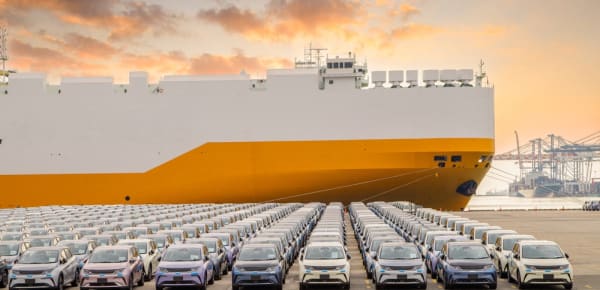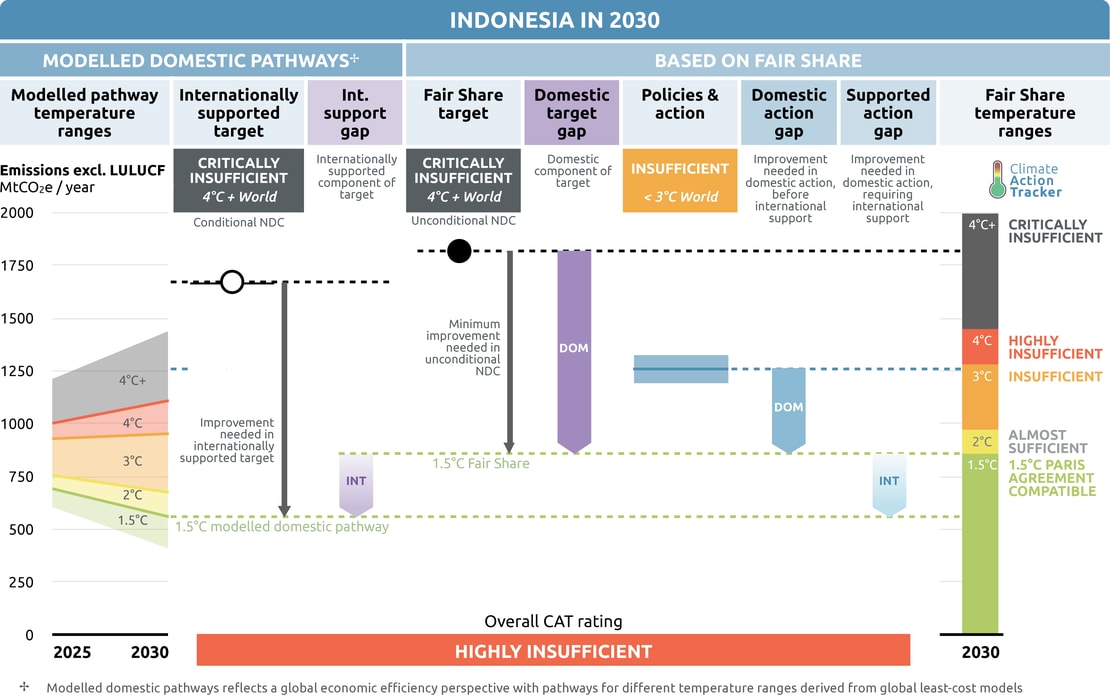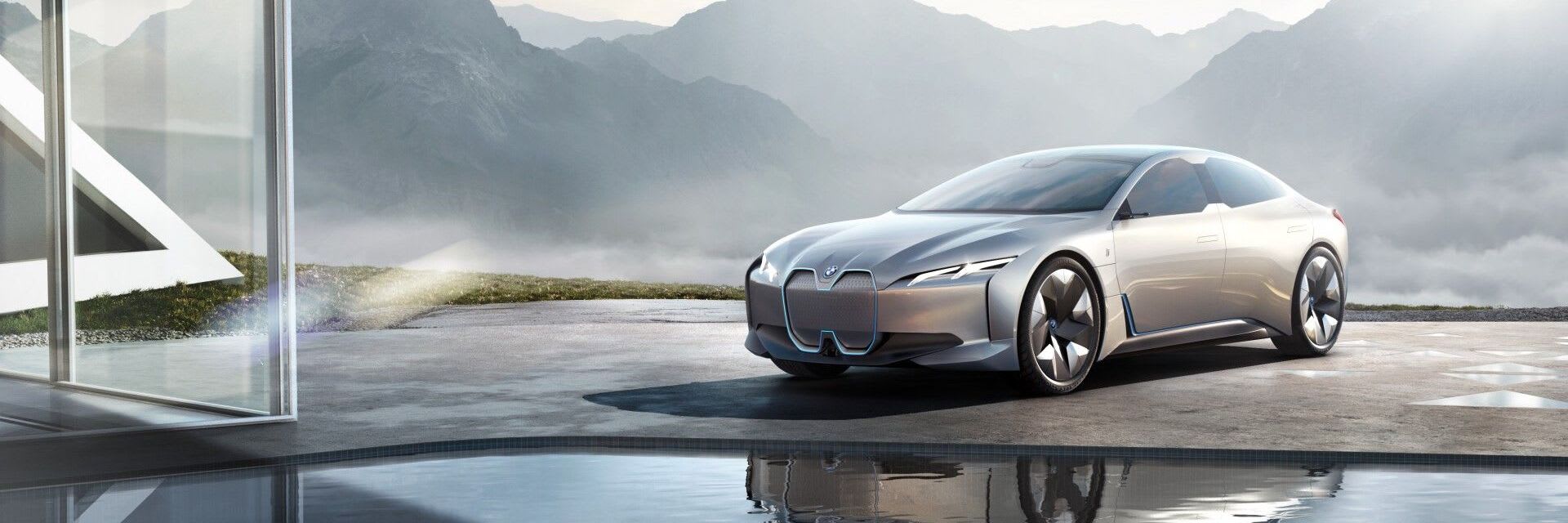The EU's 2050 Net-Zero Goals: EV Rollout Faces Setbacks Beyond 2024
The European Union (EU) has set ambitious targets to achieve net-zero greenhouse gas emissions by 2050, with a particular focus on the transition to electric vehicles (EVs) as a key pillar of this strategy. However, a recent report by Reuters highlights significant challenges that could jeopardize the EU's EV rollout beyond 2024. This article delves into the findings of the report, exploring the potential setbacks and their implications for the EU's climate goals.

Key Challenges
The Reuters report identifies several key challenges that threaten the EU's EV rollout in the coming years:

* Shortage of Lithium: Lithium-ion batteries are essential for EVs, and Europe relies heavily on imports from China. However, the global supply of lithium is under increasing pressure, and analysts predict a significant shortage by 2025.
* Limited Charging Infrastructure: The rollout of EV charging stations has lagged behind the growth in EV sales. Many parts of Europe still lack sufficient charging infrastructure, making it difficult for potential EV owners to reliably travel long distances.
* Rising Energy Prices: The ongoing energy crisis has led to a surge in electricity prices, which in turn is increasing the cost of charging EVs. This could make EVs less financially viable for many consumers.
* Lack of Consumer Confidence: Despite growing awareness of the environmental benefits of EVs, consumer confidence in the technology remains relatively low. Concerns about range anxiety, battery life, and charging availability continue to deter some potential buyers.

Implications for EU Climate Goals
The setbacks faced by the EV rollout could have significant implications for the EU's climate goals:
* Delayed Emissions Reductions: A slowdown in EV adoption will lead to higher greenhouse gas emissions from the transportation sector, making it more difficult for the EU to meet its net-zero target.
* Increased Economic Dependence: The reliance on imported lithium and other EV components could increase Europe's economic dependence on other regions, potentially undermining the bloc's energy security.
* Missed Opportunities: The failure to fully embrace EVs represents a missed opportunity to stimulate economic growth and create new jobs in the clean energy sector.
Potential Solutions
Despite the challenges, the Reuters report also outlines several potential solutions to accelerate the EV rollout:
* Investment in Lithium Extraction: The EU should support domestic lithium extraction and processing to reduce dependence on imports.
* Expansion of Charging Infrastructure: Governments and businesses need to invest heavily in expanding the network of EV charging stations, particularly in rural areas.
* Financial Incentives: Continued financial incentives, such as tax credits and purchase subsidies, can help make EVs more affordable for consumers.
* Education and Outreach: Public education campaigns can help raise consumer awareness of the benefits of EVs and address concerns about range anxiety.
The EU's 2050 net-zero goals face significant challenges related to the rollout of EVs. A shortage of lithium, limited charging infrastructure, rising energy prices, and lack of consumer confidence could jeopardize the pace of EV adoption and hinder the EU's climate efforts. To overcome these challenges, the EU must invest in lithium extraction, expand charging infrastructure, provide financial incentives, and engage in public education campaigns. The success of the EU's EV rollout will be crucial to achieving its climate goals and fostering a sustainable and low-carbon future.
